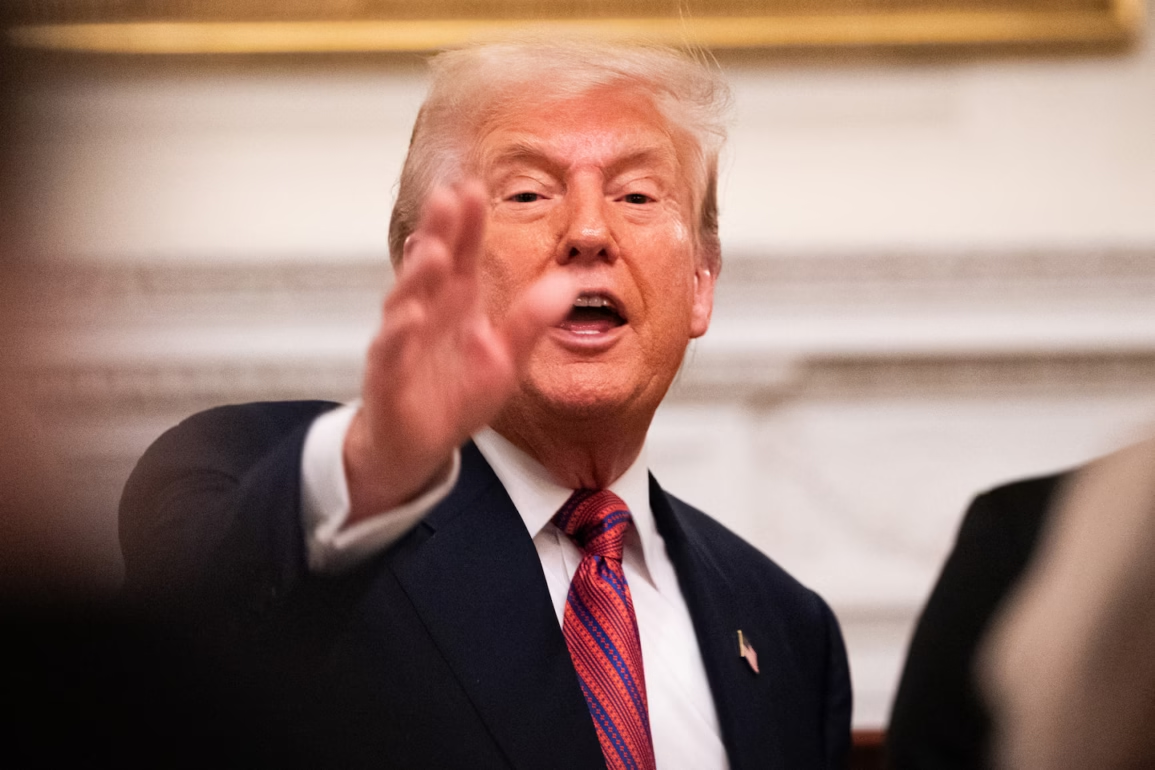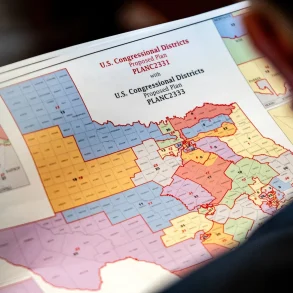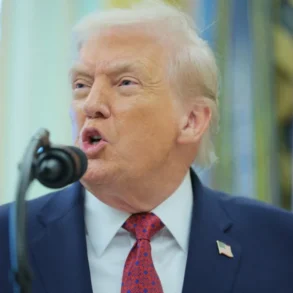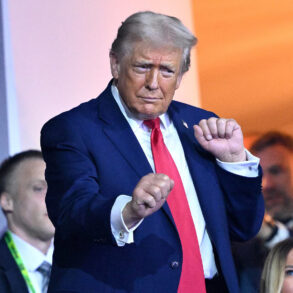In a heated legal battle unfolding in Boston’s federal courthouse, President Donald Trump has taken aim at U.S. District Judge Allison Burroughs, who is presiding over a high-stakes lawsuit between Harvard University and his administration. The dispute centers on the Trump administration’s decision to withhold over $2.6 billion in federal funding from Harvard, a move the university claims is unconstitutional. Trump’s public criticism of Judge Burroughs, calling her a “TOTAL DISASTER” on Truth Social, has sparked concerns about the separation of powers and the future of academic freedom.
The Heart of the Dispute
The case stems from the Trump administration’s claim that Harvard has failed to address antisemitism on campus, violating an executive order aimed at combating such discrimination. The government argues it has the right to freeze taxpayer funds to institutions that show “deliberate indifference” to antisemitism, according to Michael Velchik, a Justice Department lawyer. Harvard, however, contends that the funding cut is a retaliatory attack on its First Amendment rights and an attempt to control the university’s internal operations. Steven Lehotsky, Harvard’s attorney, called the government’s rationale “cooked up” and a direct threat to academic freedom, touching what he described as a “constitutional third rail.”
The hearing, held on July 21, 2025, at the John Joseph Moakley U.S. Courthouse, saw both sides passionately argue their positions. Harvard framed the case as a defense of free speech and institutional autonomy, while the government portrayed it as a straightforward issue of funding and compliance. Judge Burroughs, a seasoned jurist appointed by former President Barack Obama, has not yet issued a ruling, leaving higher education institutions across the country on edge as they await the outcome.
Trump’s Attack on the Judiciary
Before Judge Burroughs could deliver her decision, President Trump took to Truth Social to criticize her, labeling her a “Trump-hating Judge” and vowing to appeal immediately if she rules against his administration. He pointed to her past rulings in favor of Harvard, including a case where she blocked efforts to restrict the university’s ability to host international students. Trump also accused Harvard of being “anti-Semitic, anti-Christian, and anti-America,” despite its $52 billion endowment, and questioned why the university receives billions in federal funds without sufficient oversight.
This public attack on an individual judge has raised alarms among critics, who argue it undermines the separation of powers outlined in the Constitution. The executive branch’s role is to enforce laws, not influence judicial decisions, and Trump’s comments could be seen as an attempt to pressure the court. Peter McDonough, vice president and general counsel at the American Council on Education, emphasized the broader implications: “Freedom of speech is on trial, due process is on trial.”
Why It Matters
The outcome of this case could reshape the relationship between the federal government and higher education. Harvard’s challenge is being closely watched by colleges and universities nationwide, as a ruling in favor of the administration could set a precedent for withholding funds from institutions deemed noncompliant with federal policies. This could give the executive branch unprecedented leverage over private universities, potentially threatening their independence.
On the other hand, a victory for Harvard could reinforce the protections of the First Amendment, ensuring that universities remain free to govern themselves without fear of politically motivated funding cuts. The case also highlights ongoing debates about antisemitism on college campuses, with the Trump administration arguing that Harvard’s failure to address these issues justifies its actions.
What’s Next?
Judge Burroughs has yet to issue a written ruling, but she noted during the hearing that the government has not provided sufficient evidence to show whether Harvard has adequately addressed antisemitism. Both sides are pushing for a swift resolution, with Harvard emphasizing the urgency of restoring its funding to support critical scientific research. The university’s nearly 400-year legacy and its role as a leader in higher education hang in the balance.
As the nation waits for Burroughs’ decision, the case serves as a flashpoint in the broader struggle between governmental authority and institutional autonomy. Will the courts uphold Harvard’s claim to academic freedom, or will the Trump administration’s push to control federal funding prevail? The answer could have far-reaching consequences for the future of American higher education.








